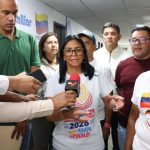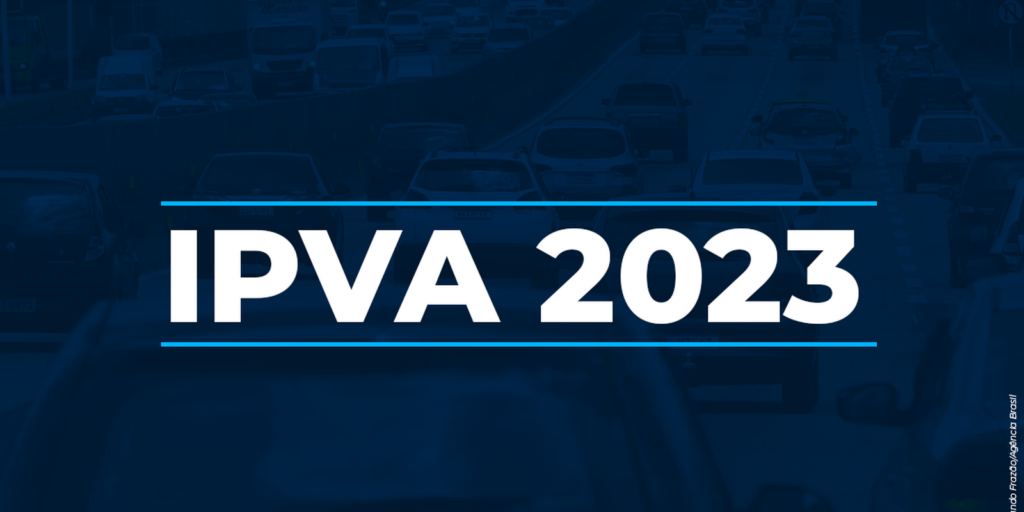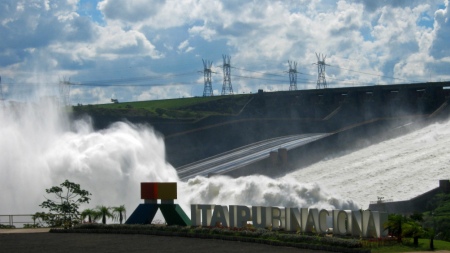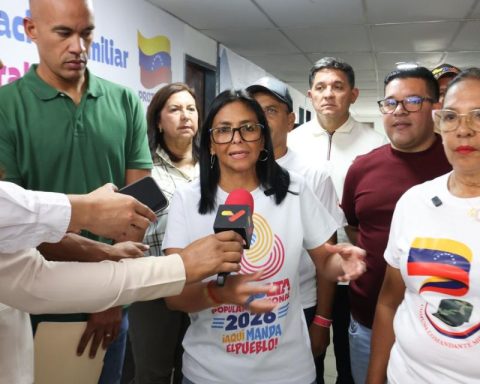January 14, 2023, 7:00 AM
January 14, 2023, 7:00 AM
The Internet and new technologies have opened infinite opportunities to people and society. Its influence on education, business, science, research, government management or business management is incalculable. In the academic field, science and knowledge are constantly updated and, each time, at a faster rate. New races have appeared and the universities have seen the need to update programs, contents and methodologies.
Emilio Evia, expert in higher education and vice-rector for Graduate Studies at the Franz Tamayo UniversityUnifranz, assured that the process of creating new university degrees should be constant in order to cover an increasingly specialized and transdisciplinary labor demand.
“The procedures for updating and complementing content should be more constants and free to allow universities to teach according to what is called ‘State of the Art’ (the latest) in all subjects,” he said.
Offer of races has fallen short
According to the professional’s version, university degrees have fallen short of market requirements in all fields, affecting new professionals who, when they start working, need to develop skills that they did not learn before.
It is very important, according to Evia, the link with employers and thus know their requirements, this can be addressed with active methodologies such as the analysis of cases in which one In an interdisciplinary way, current and daily problems of companies, hospitals, laboratories for different careers are solved.
“It is true learning by doing, motivating students to make mistakes when solving the problems that companies currently have, to practice from the beginning, not to put limits on their creativity. I subscribe to a statement from PDA in the sense that today we have learned that the labor force designs its own journey”he pointed out.
Faced with this challenge, universities must incorporate skills such as analytical thinking for innovation, complex problem solving, critical thinking and analysis into their curricula. Many of these skills are acquired by facing cases, that is, “practicing the theory”.
regulatory framework
“In our country, regulatory procedures are not the most expeditious for these processes, so both universities and students need to complement formal studies with courses that broaden the field of teaching, an offer that has grown a lot thanks to the Internet“, he claimed.
















